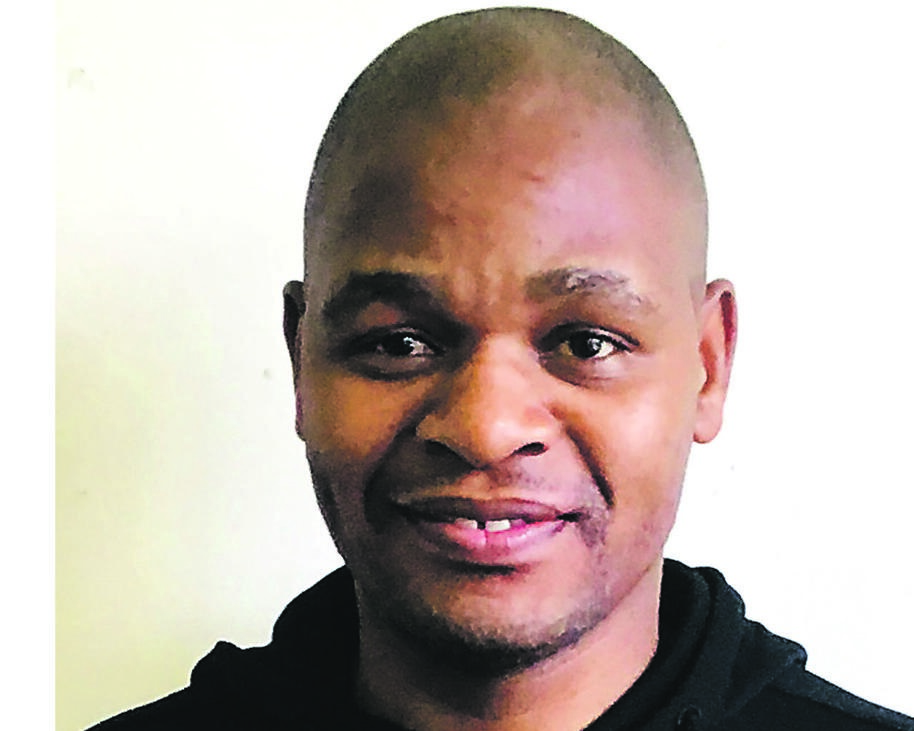
American scholar and prolific writer Andrew Delbanco published College: What It Was, Is, and Should Be, a pioneering book on the historical position of the US college education and its future.
While the author’s principal concern was mainly about the American college landscape on its future direction and how it has struggled to survive in the 20th century, its examinations are relevant, with brilliant applications to all technical and vocational education and training (TVET) colleges around the globe, including ours.
There are three significant lessons arising from the author’s observations. The first is the historical standpoint of where colleges come from. The second is on some of the fundamental tenets that have been inherited from the past, which shape present moments. The third lesson is on radical challenges in approaching the fourth industrial revolution and technological infrastructure, as this is an indispensable part of the future.
I am drawn to the last part of the lessons captured in this great book, as it is one of the most pressing challenges that will for a long time remain an issue of concern in South African TVET colleges.
Since government shut down teacher training colleges a few decades ago to merge technical institutions and form one multisite TVET band, little consideration has been given to the maintenance and rehabilitation of physical and technological infrastructure of these institutions of continued learning.
The insufficient and poor student infrastructure is a result of maladministration, systematic corruption and patronage-based appointments on key managerial positions, which has prohibited the TVET college sector from becoming a key engine that drives and contributes to the development of South African society for future growth and job creation.
It should be cause for concern that this critical sector is struggling to account for its finances to the Auditor-General owing to “potential loss of money through the poor management of assets, revenue and debtors at a time when funding is desperately needed for tertiary education”.
While TVET colleges are engulfed by poor financial management, they continue to suffer from appalling neglect of many years.
The question is how was the neglect orchestrated?
Do our political representatives who are entrusted with the key responsibility to turn around the TVET sector truly understand the importance of vocational and technical skills needed by the economy?
How do we rescue this important sector at its perilous crossroads?
We must feel apprehensive when we see physically challenged students faced with daunting prospects of gaining physical access to these obsolete buildings, which in my view are completely antithetical to the values and principles of our Constitution in creating greater opportunities for students with disabilities to fully participate in the higher education mainstream.
Research suggests that we need high-quality infrastructure to effectively facilitate better instruction, successfully improve student outcomes and drastically reduce drop-out rates. Regrettably, there is a challenge in this regard.
Our young democracy requires a sound, effective, inclusive and responsive college system with innovations and hi-tech support infrastructure, to be academically and vocationally viable.
We could probably learn from countries such as Germany, Singapore and the US about how to successfully build and strengthen TVET college systems on solid records of achievement and custom, while constantly exploring, creating and adapting the new.
These countries have sound technological infrastructures to smoothly approach the challenges of the fourth industrial revolution, accompanied by vocational and technical programmes that are geared to serving the interests of their economies.
Government should start rowing in the right direction to help yank our TVET college sector out of its infrastructural decay by injecting adequate budget while turning these colleges into “attractive institutions of choice for school leavers”.
Ncobela is a lecturer and columnist




 Publications
Publications
 Partners
Partners








